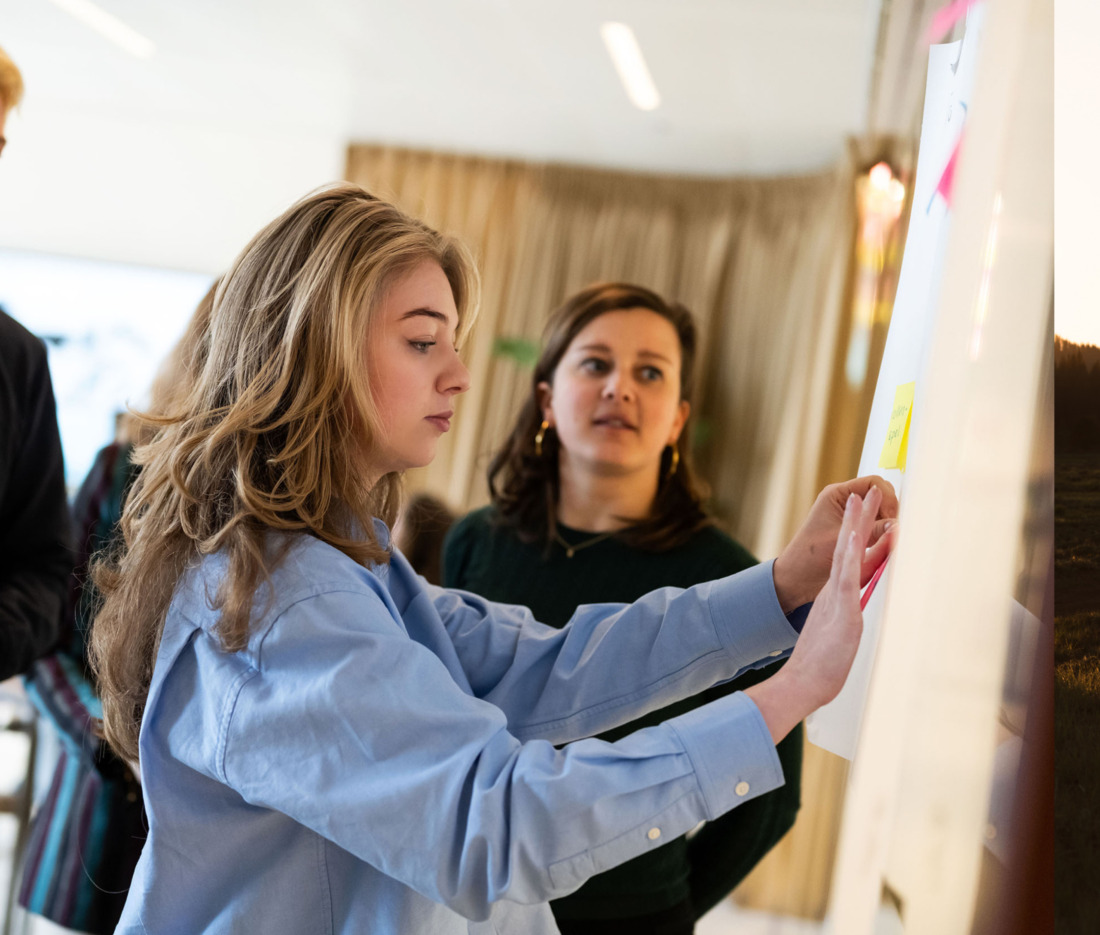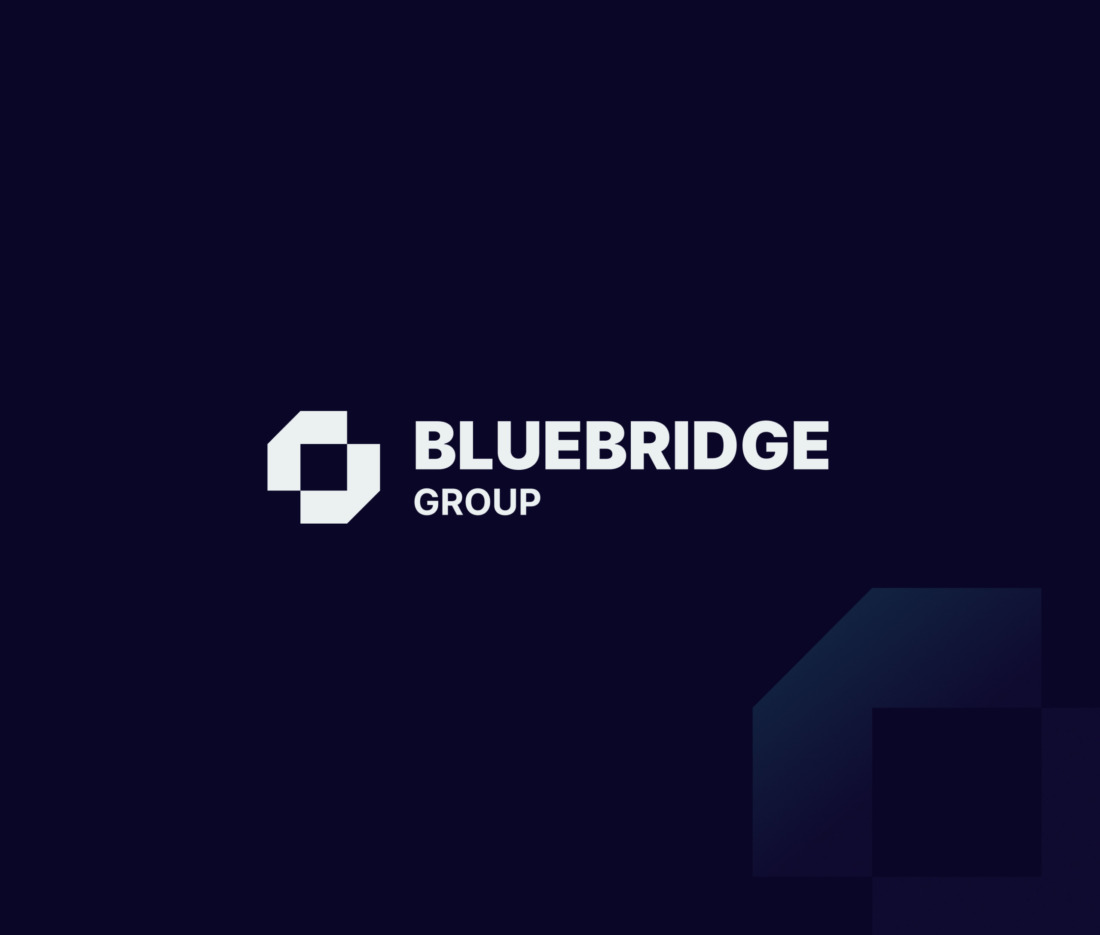

A strong website starts with a good plan.
The real first step to a successful website
A new Web site doesn't start with wireframes or design; it starts with strategy. Yet many organizations skip this step. They start at the solution, without having the core clear. The result? A site that looks good, but doesn't work as hoped.
A future-proof website is built on a solid foundation. That starts with an up-to-date proposition and a clear positioning. Only if you know who you are, for whom you do it and what you want to achieve, can you make choices that are right - in content, structure and form. Before you have anything designed, ask yourself these questions:
- What is the offering that really sets us apart?
- Why should customers choose us and not someone else?
- Who are we building the site for? And what do they want to see or do?
- What is the purpose of our website?
Think leads, inspire, sell, brand reinforcement or staff recruitment. - When is the website a success for us? Name measurable results.
By taking a critical look at your proposition and goals first, you avoid sitting at the drawing board again a year from now because the site is not quite up to par after all.

Have questions about a new website?
I am Bob and would be happy to advise you.
Choose an agency that fits your ambitions!
The success of a new website project largely depends on working with the right agency. Not only to achieve a beautiful end result, but especially to achieve your strategic goals. Therefore, think beyond design or technology and ask yourself these questions:
- What type of collaboration are you looking for?
Do you need strategic guidance, positioning and advice? Or are you primarily looking for a partner who executes quickly and pragmatically? Choose an agency that fits the role you can and want to play yourself. - Which form suits your organization?
Do you go for a full service agency that offers all expertise under one roof, or do you opt for a boutique agency with a specialized focus? This depends on your internal capacity, budget and the complexity of your project. - Does their scale fit your project?
An agency should be large enough to ensure continuity, but small enough to give your project the attention it deserves. - What does their portfolio say?
View cases and projects. Does their experience match your market, ambition and style? More importantly, have they done similar projects before? - Be open about your situation
Share where you are and what you are up against whether that is a rebranding, international growth or a difficult collaboration with a previous agency. Only then can an agency really think with you. - Look beyond going live
Ask for post-delivery support . Think about maintenance, further development and optimizations. A sustainable partnership only really begins once your website is live.
Ready to get your website project off to a good start?
Whether you are on the eve of a new project or still unsure about your timing: good preparation makes all the difference. Would you like to spar about the approach that best suits your organization? We are happy to think along with you.


